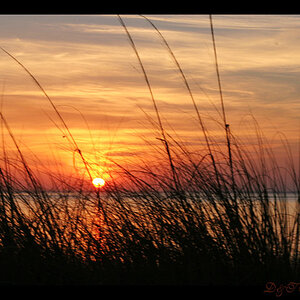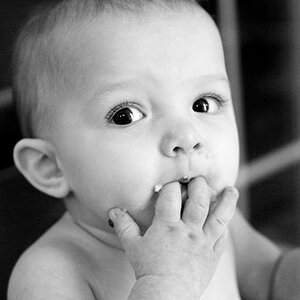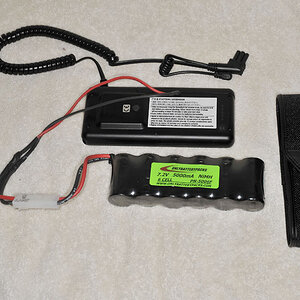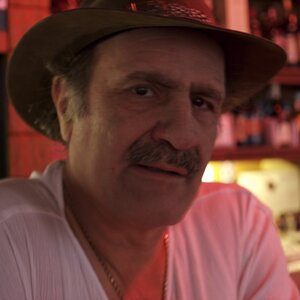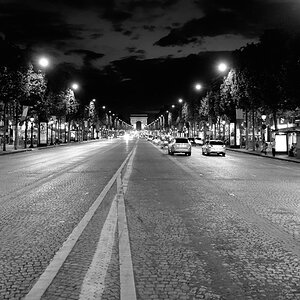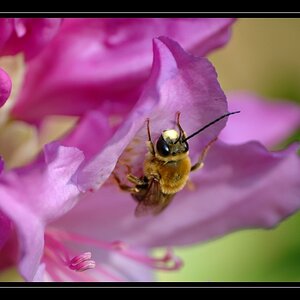batmura
No longer a newbie, moving up!
- Joined
- Sep 19, 2012
- Messages
- 649
- Reaction score
- 240
- Location
- Istanbul, Turkey
- Can others edit my Photos
- Photos OK to edit
Hello, everyone!
Greetings from Istanbul, Turkey!
I am a total beginner in the world o DSRL and I just purchased my first ever camera today. After reading tons of reviews online and considering my budget, I picked a Nikon D3100. I know next to nothing about (digital) photography, but I love taking landscape photos and enjoy checking out people's creative work. I know I have a long way to go in regards to composition, technique, etc. At this point, I only have the kit lens and I do not intend to upgrade any time soon. I'd like to take my time and get to know my camera and take as many pictures as possible.
As I've already said above, I am mostly interested in taking landscape pictures because I love travelling and I'd like to take pictures of architecture, the sunset, empty streets, etc. Another thing I'm interested in is taking close-up
photos of objects where I can hopefully blur the background. I would love to shoot pictures of my aquarium fish if I can. Do you think a D3100 with a kit lens will suffice to achieve my goals?
Excuse me if I lack the correct terminology for these terms; I hope to get a better grasp of things after doing more reading. I'll probably start with the manual of my camera and then pick up some digital photography for beginners/dummies, I suppose.
I'm not going pursue a career in photography or anything, but I do take this hobby seriously and would welcome any advice from experienced photographers. Also, if I ever feel a picture I take is good enough, would any of you offer their criticism on it (bearing in mind I am totally new in this)?
Thanks!
Greetings from Istanbul, Turkey!
I am a total beginner in the world o DSRL and I just purchased my first ever camera today. After reading tons of reviews online and considering my budget, I picked a Nikon D3100. I know next to nothing about (digital) photography, but I love taking landscape photos and enjoy checking out people's creative work. I know I have a long way to go in regards to composition, technique, etc. At this point, I only have the kit lens and I do not intend to upgrade any time soon. I'd like to take my time and get to know my camera and take as many pictures as possible.
As I've already said above, I am mostly interested in taking landscape pictures because I love travelling and I'd like to take pictures of architecture, the sunset, empty streets, etc. Another thing I'm interested in is taking close-up
photos of objects where I can hopefully blur the background. I would love to shoot pictures of my aquarium fish if I can. Do you think a D3100 with a kit lens will suffice to achieve my goals?
Excuse me if I lack the correct terminology for these terms; I hope to get a better grasp of things after doing more reading. I'll probably start with the manual of my camera and then pick up some digital photography for beginners/dummies, I suppose.
I'm not going pursue a career in photography or anything, but I do take this hobby seriously and would welcome any advice from experienced photographers. Also, if I ever feel a picture I take is good enough, would any of you offer their criticism on it (bearing in mind I am totally new in this)?
Thanks!


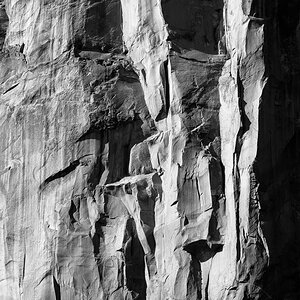
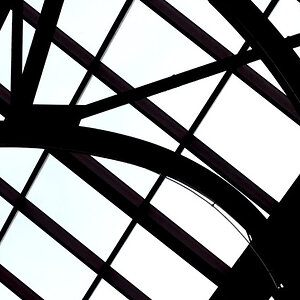
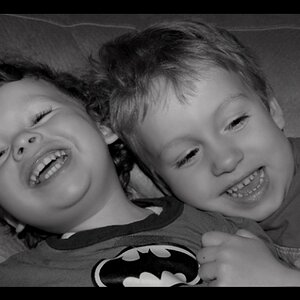
![[No title]](/data/xfmg/thumbnail/42/42492-60144191c917c21139f8acd72f6ba090.jpg?1619740197)
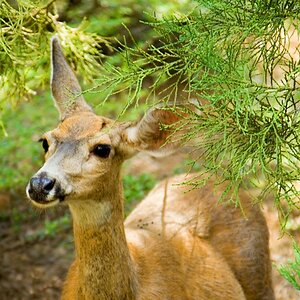
![[No title]](/data/xfmg/thumbnail/34/34041-c8aed4d2c55b167d1ec03d9cfbaca453.jpg?1619736250)
